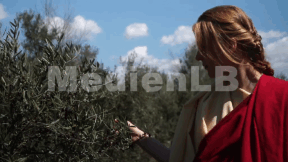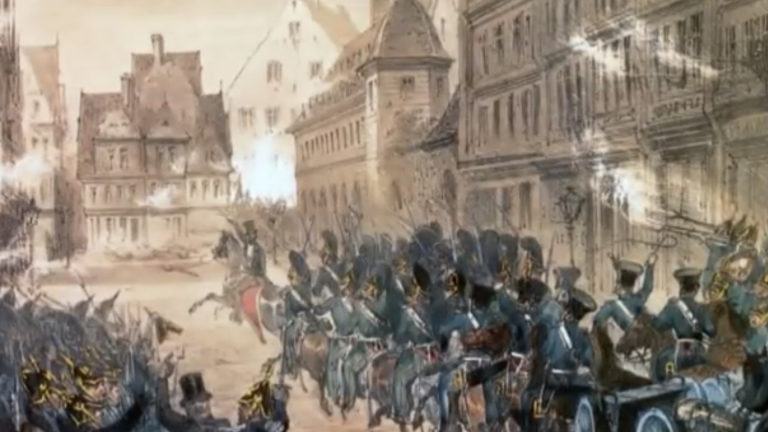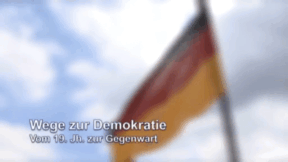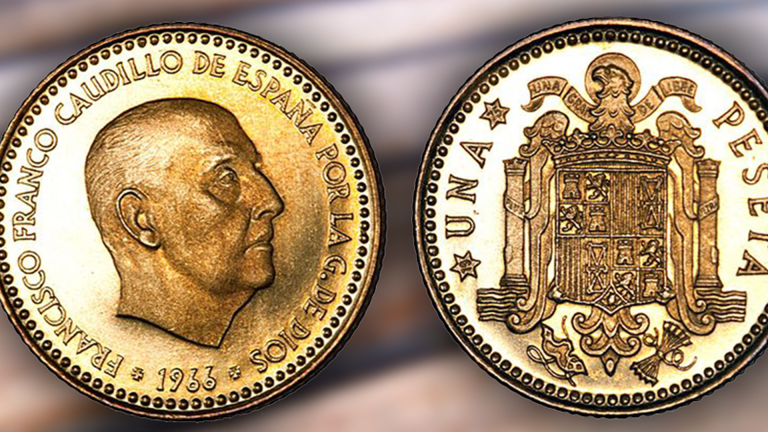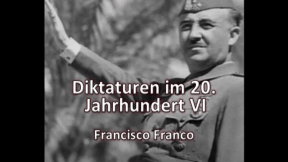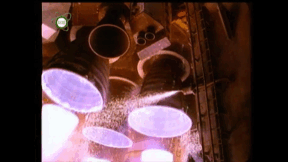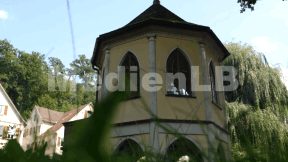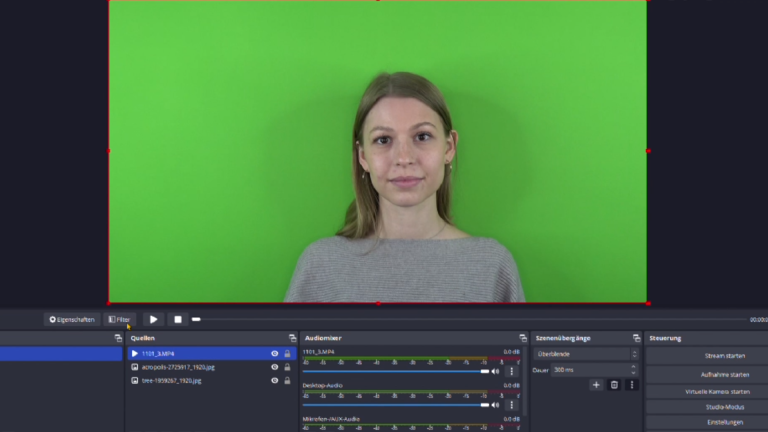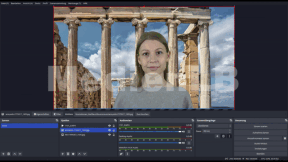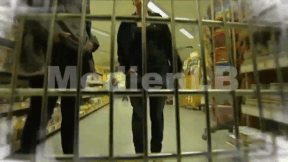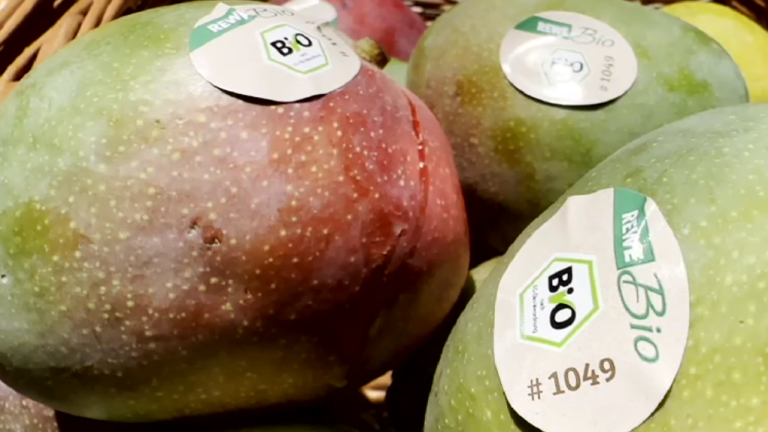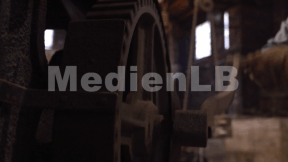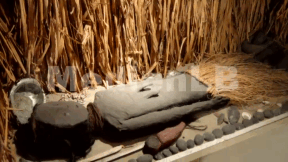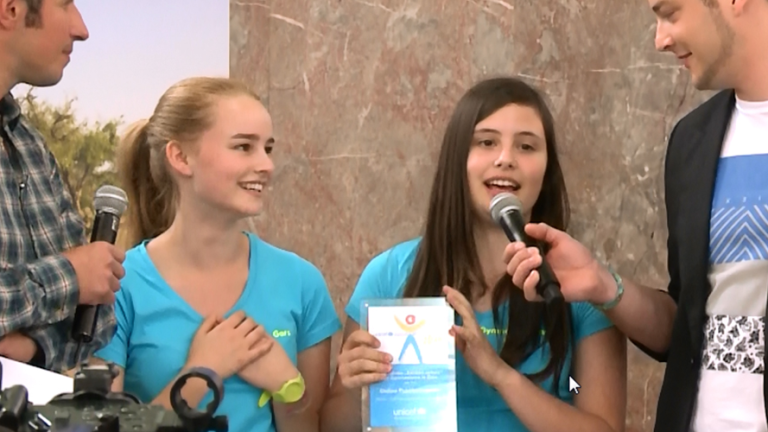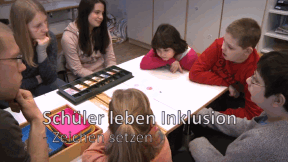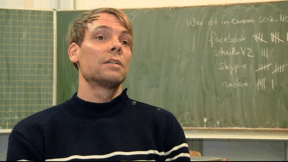Suche:
- # Artistry
- # Biology
- # Chemistry
- # Ecological
- # Economy
- # English
- # Foreign Language
- # Geography
- # German
- # Health
- # History
- # Informatik
- # Latin
- # Mathematics
- # Media Education
- # Music
- # Physics
- # Politics / Civics
- # Preschool
- # Primary School
- # Religion
- # Society
- # Sports
- # Technology
- # Training of Teachers
- # Vocational Education
Greek Mythology
The search for the origin and meaning of our existence has always been an integral part of the history of mankind. The religion and myths of the ancient Greeks with their impressive realm of gods were influenced by the oldest advanced civilisations of Mesopotamia and Egypt, spread their impact in Hellenistic and Roman times and have retained their influence on the culture of the Western world until today.
Learn moreWays to Democracy
This film shows the most important stages on the way to the development of democracy in Germany. It begins with the foundation (1792) and quick end (1793) of the Republic of Mainz in the course of the French Revolution, gives an account of the Hambacher Fest in the pre-March era and the failed revolution of 1848/49, contemplates the democratic development in the German empire and the late realisation of the first German democratic national state in the Republic of Weimar. Other important steps are the erosion of the Weimar constitution after 1933, Germany’s transformation into the national socialist dictatorship and World War II as well as the formation of different democratic models in West Germany and East Germany after 1945. Finally, it is described where the rules of democracy can be explained and practiced today and what current dangers there are to the democratic system of government. The aim is to make pupils aware of the fact that democracy must not be taken for granted – it is a historical legacy that we always have to safeguard.
Learn moreDictatorships in the 20th Century VI
Francisco Paulino Hermenegildo Teódulo Franco y Bahamonde Salgado Pardo is born in El Ferrol (Galicia) on 4th December 1892.
Learn moreSolutions, Emulsions and Mixtures of Substances
Be it milk in a cereal bowl, tea in a glass or the air around us. We constantly come across mixtures of substances in our everyday lives. As the name suggests, they are mixtures – mixtures of several so-called pure substances.
Learn moreGummi
Heutzutage einen Industriezweig zu finden, der ohne Gummi auskommt, ist denkbar schwierig. In dieser Folge gehen Joey Grit Winkler und Fero Andersen der Frage nach: Was ist Gummi eigentlich und wie wird er hergestellt?
Learn moreHermann Hesse
Hermann Hesse, (1877 -1962) war ein deutsch-schweizerischer Schriftsteller, Dichter und Maler. Er war Zeit seines Lebens ein Suchender. Nicht nur sein großes dichterisches Werk, das ihm 1946 den Nobelpreis einbrachte, auch sein Lebenslauf legt Zeugnis davon ab.
Learn moreGreenscreen
Die Technik des Chroma Keying erlaubt es, einfarbige Hintergründe aus Bildern zu entfernen und auszutauschen.
Learn moreVegane Ernährung
Familie Böhning lebt seit zwei Jahren vegan. Auch unsere Reporterin versucht, „Vegan“ in ihr Leben einzubinden. Der Film begleitet sie und Familie Böhning im Alltag, stellt Fragen und zeigt Probleme.
Learn moreSeal of approval
Quality seals such as the "Bio-Siegel", "Blauer Engel", "Stiftung Warentest" and up to 1,000 other seals represent characteristics such as sustainability, health or safety with regard to a product, a service or even a company.
Learn moreTattoos und Piercings
Tätowierungen und Piercings sind ein jahrtausendealter Körperschmuck.
Learn morePupils Practise Inclusion
When people come together, no matter under what concomitant circumstances – ultimately, it is about how these people meet and how openly they interact with one another.
Learn moreCybermobbing
Für viele ist das Wort „Cybermobbing“ ein x-beliebiger Modebegriff, doch immer mehr Kinder und Jugendliche sehen sich mit dieser sehr realen Gefahr konfrontiert. Cybermobbing kann viele Formen annehmen – den Anfang findet es jedoch fast immer in Chatrooms und/oder auf sozialen Netzwerken, die bei jungen Menschen besonders populär sind. Damit endet das Mobben hier keineswegs bei Schulschluss, sondern dauert den ganzen Tag an – das Opfer kommt überhaupt nicht mehr zur Ruhe.
Learn more




